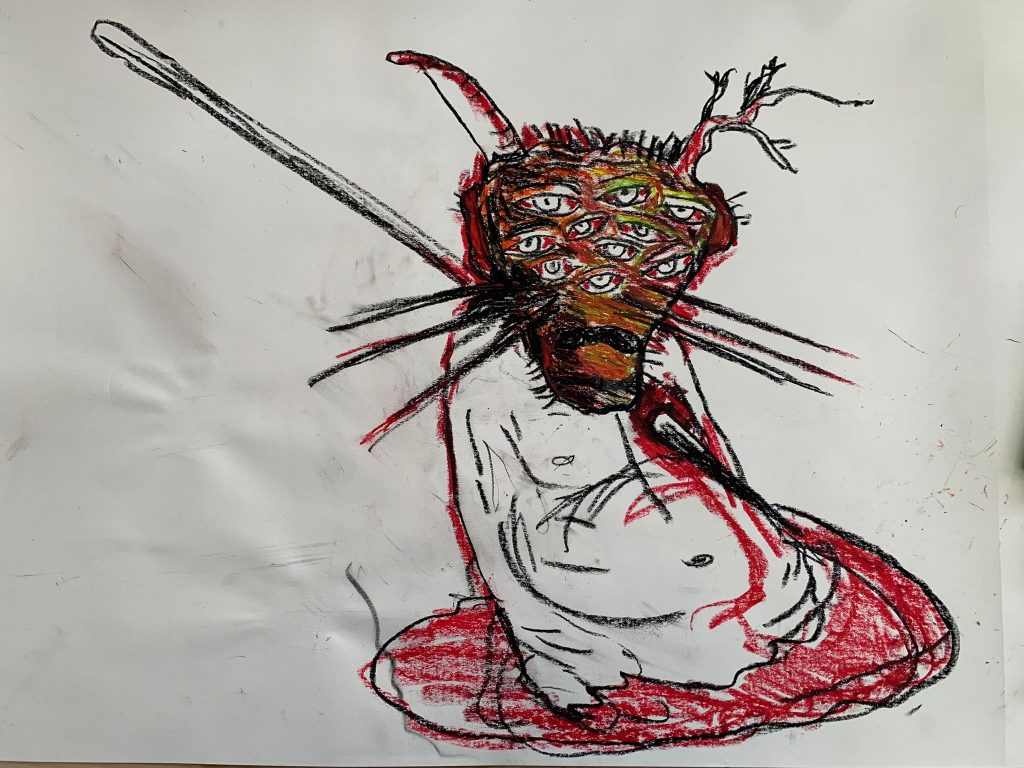Para-siting: Absent Academy
The 100-year celebration of Absent Academy is dedicated to the memory of those who have vanished, ceased to be visible, receded from view, faded, melted, withdrawn, departed, dissipated, dispelled, dematerialised, evaporated. Those who have been forced to disappear. Those with the power to shapeshift and become wind, water and snakes to pass through borders, barricades, checkpoints, fences, walls, watchtowers, frontiers and restricted zones. By force and deception, those in power have made them disappear, but their songs still resonate in the landscape. In this edition of Absent Academy, we will learn to sing these songs and draw out their faces from our dreams.
On 25 June, we will welcome our next Para-siting residents: Absent Academy. Sîpan Sezgin Tekin and Agat Sharma will create a shared semi-public pedagogic space, aiming to think about enforced disappearances, which is an extrajudicial practice employed by deep state actors across Central and South Asia. In both their cultures, it is possible to talk to those who have ceased to be amongst us through songs and drawings. The form that Absent Academy takes in this edition is that of an open research rehearsal process, towards making a performance to culminate the residency. During the residency, the visitors can join the rehearsal and research process.
Agat Sharma is an artist, educator and theater maker who focuses on long-term research into the history of cotton. Through theatrical experiments, he explores the pre-colonial legacy of cotton, colonial extractivism and the ongoing agricultural crisis in India. His work focuses on themes that explore the origin, evolution and erasing of the relationship between land and body. Agat uses a broad view of what a song and a story can be, and uses them as instruments to bring collective postcolonial imaginations to life. Agat works both in the Netherlands and in India.
Sîpan Sezgin Tekin, born in Amed/Kurdistan, is a multidisciplinary performer and theatre maker whose work explores political and historical narratives through the embodied use of language. Focusing on multilingualism, language physicality, and identity politics, he creates immersive performances that examine the role of mother tongue in shaping identity, performance, and the perception of borders and nationality. Sîpan based in Turkey and in The Netherlands.

